The Future of Forklifts: Electric vs. Gas
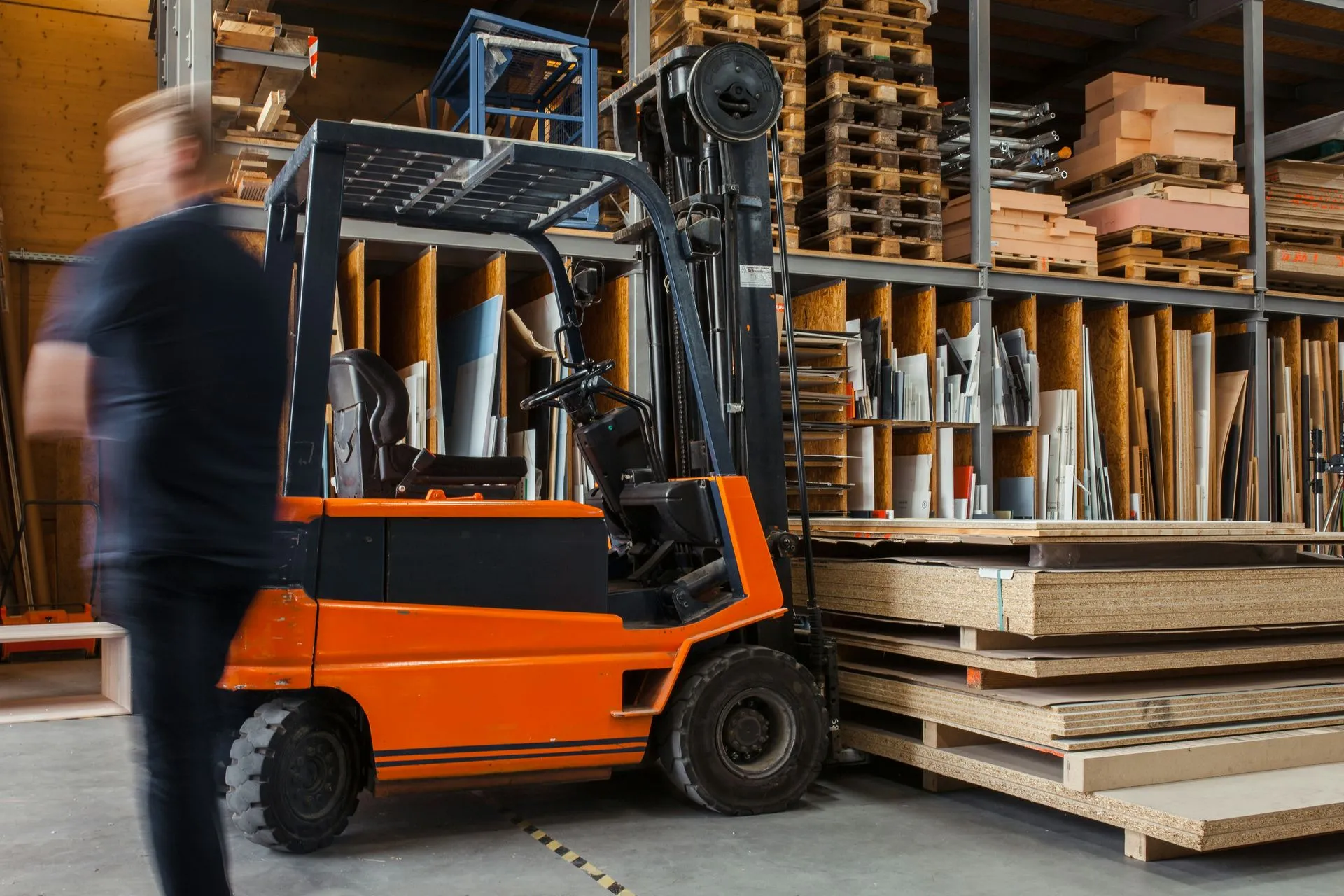
Forklifts play an indispensable role in material handling and logistics. Traditionally powered by internal combustion engines, they are now undergoing a significant transformation with the emergence of electric-powered models. This shift raises crucial questions about the future of forklift technology. In this blog, we’ll delve into the pros and cons of electric and gas-powered forklifts, shedding light on their respective impacts on efficiency, sustainability, and operational costs.
Electric Forklifts: A Step Towards Sustainability
Pros:
- Environmental Friendliness: Electric forklifts produce zero emissions during operation, making them environmentally friendly alternatives. This attribute aligns with the growing emphasis on sustainability and reduced carbon footprint in industrial operations.
- Reduced Noise Pollution: Unlike gas-powered forklifts, electric models operate quietly, minimizing noise pollution in warehouse environments. This feature can enhance workplace safety and create a more conducive working environment.
- Lower Operating Costs: Electric forklifts generally have lower operating costs than their gas counterparts. They require less maintenance, have fewer moving parts, and benefit from lower electricity prices compared to gasoline or diesel fuel.
- Indoor Versatility: Electric forklifts are ideal for indoor applications due to their clean operation and lack of emissions. They can be safely used in confined spaces such as warehouses and manufacturing facilities without harming workers.
Cons:
- Limited Range and Charging Infrastructure: Electric forklifts typically have a limited range per charge compared to gas-powered models. Additionally, the need for charging infrastructure, including dedicated charging stations and battery-swapping facilities, can pose logistical challenges, especially in large warehouses or outdoor settings.
- Initial Cost: While electric forklifts offer long-term savings in operating costs, they often have a higher initial purchase price than their gas-powered counterparts. This upfront investment may deter some businesses from transitioning to electric fleets.
- Charging Time: Charging electric forklift batteries can take several hours, leading to downtime during the charging process. This downtime can disrupt operations and necessitate careful planning to ensure continuous workflow.
Gas-Powered Forklifts: Reliability and Convenience
Pros:
- Greater Power and Torque: Gas-powered forklifts typically offer higher power and torque compared to electric models, making them suitable for heavy-duty applications and outdoor use, such as construction sites or lumber yards.
- Fast Refueling: Unlike electric forklifts, which require recharging hours, gas-powered models can be quickly refueled with gasoline or propane, minimizing downtime and ensuring continuous operation.
- Established Infrastructure: Gasoline and propane refueling infrastructure is widely available, simplifying the logistics of fuel procurement and enabling greater flexibility in fleet management.
Cons:
- Emissions and Pollution: Gas-powered forklifts emit pollutants such as carbon monoxide, nitrogen oxides, and particulate matter, contributing to air pollution and posing health risks to workers. Additionally, the combustion of fossil fuels releases greenhouse gases, exacerbating climate change concerns.
- Higher Operating Costs: Gas-powered forklifts tend to have higher operating costs due to fuel expenses, maintenance requirements for combustion engines, and the volatility of fuel prices.
- Noise and Vibration: Gas-powered forklifts generate noise and vibration during operation, impacting workplace comfort and safety. Prolonged exposure to these factors may lead to fatigue and decreased worker productivity.
The debate between electric and gas-powered forklifts revolves around striking a balance between sustainability, efficiency, and operational requirements. While electric forklifts offer clear environmental benefits and long-term cost savings, gas-powered models excel in power, convenience, and established infrastructure. Choosing between electric and gas-powered forklifts ultimately depends on operational needs, budget constraints, and sustainability goals. As technology advances and environmental regulations evolve, the future of forklifts is likely to be shaped by innovations that combine the best aspects of electric and gas-powered models.
Newsletter
Don't miss a thing!
Sign up to receive daily news
Recent Posts
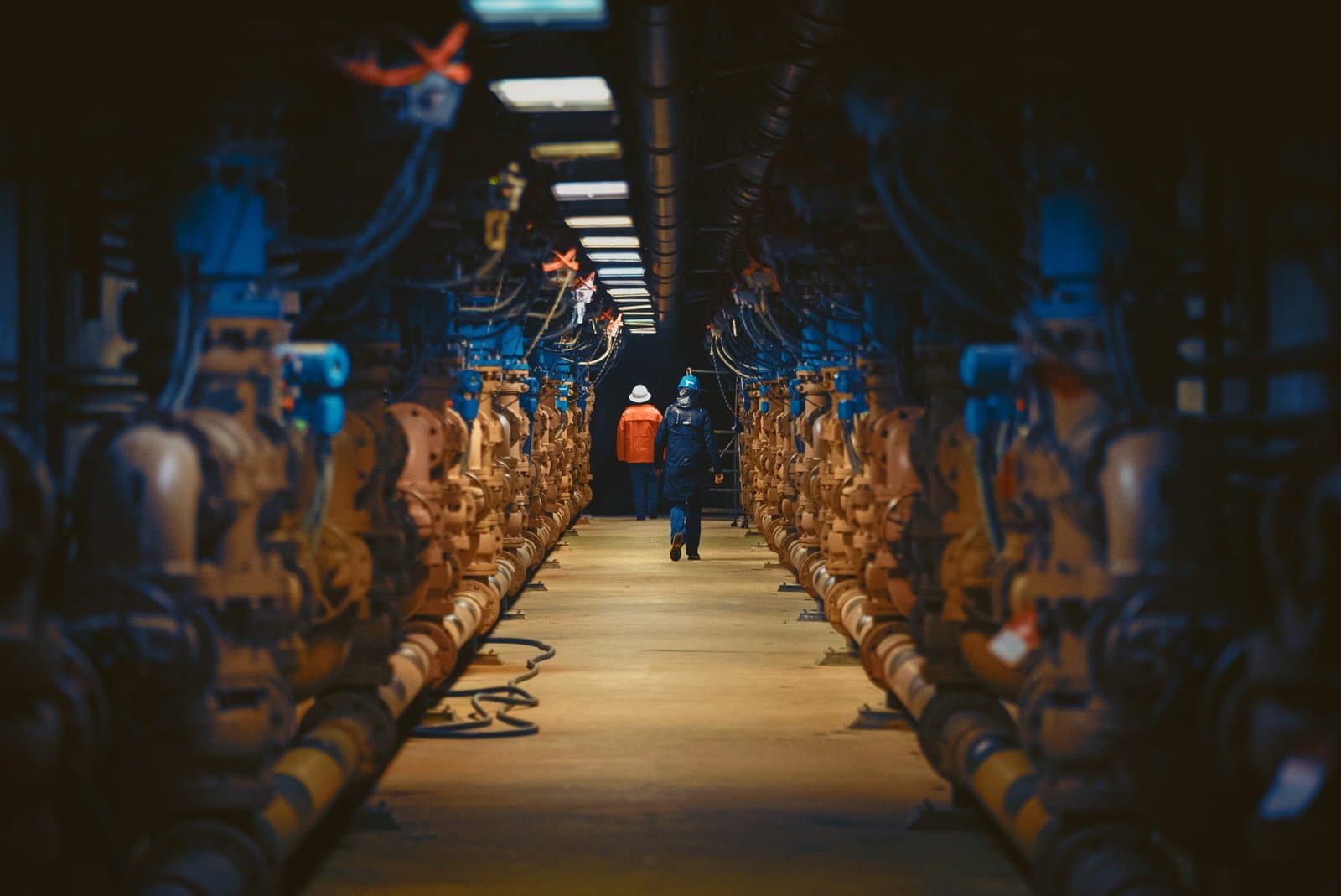
august 30, 2025
Decommissioning a Facility: How to Turn It into a Profitable Venture
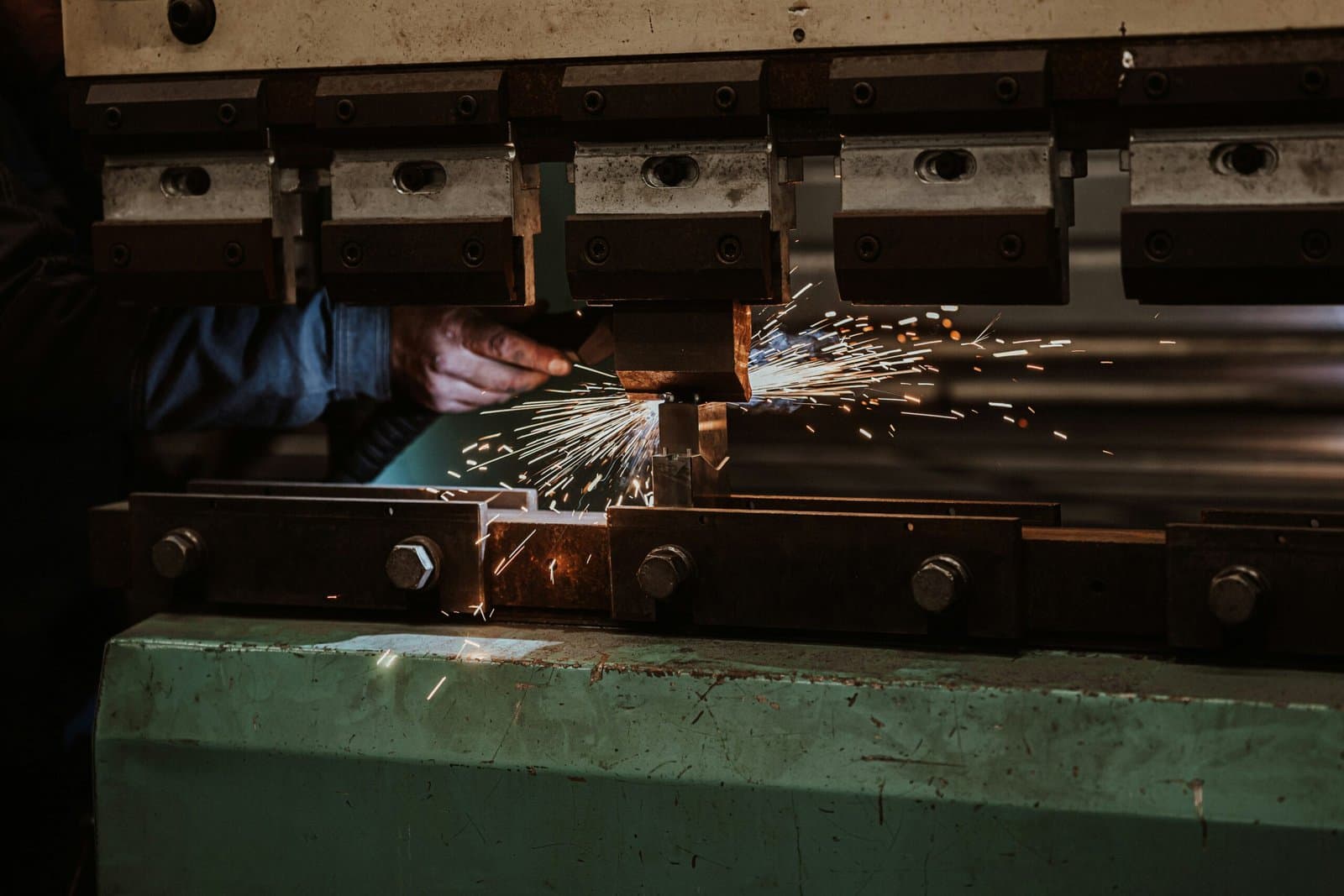
august 25, 2025
Hydraulic Press Maintenance 101
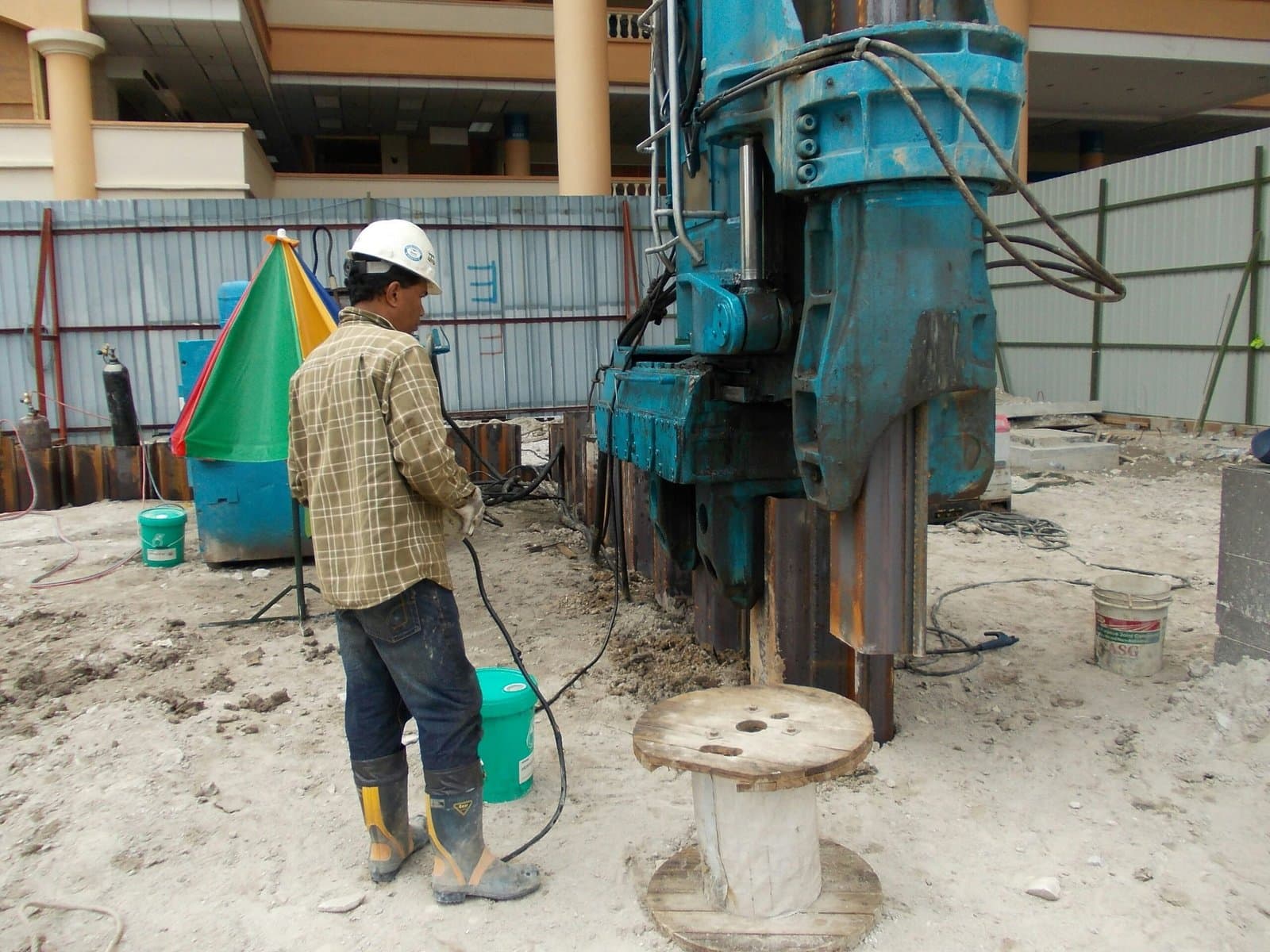
august 18, 2025
Rigging Machinery: The Challenge of Moving and Installing Outdated vs. Modern Equipment
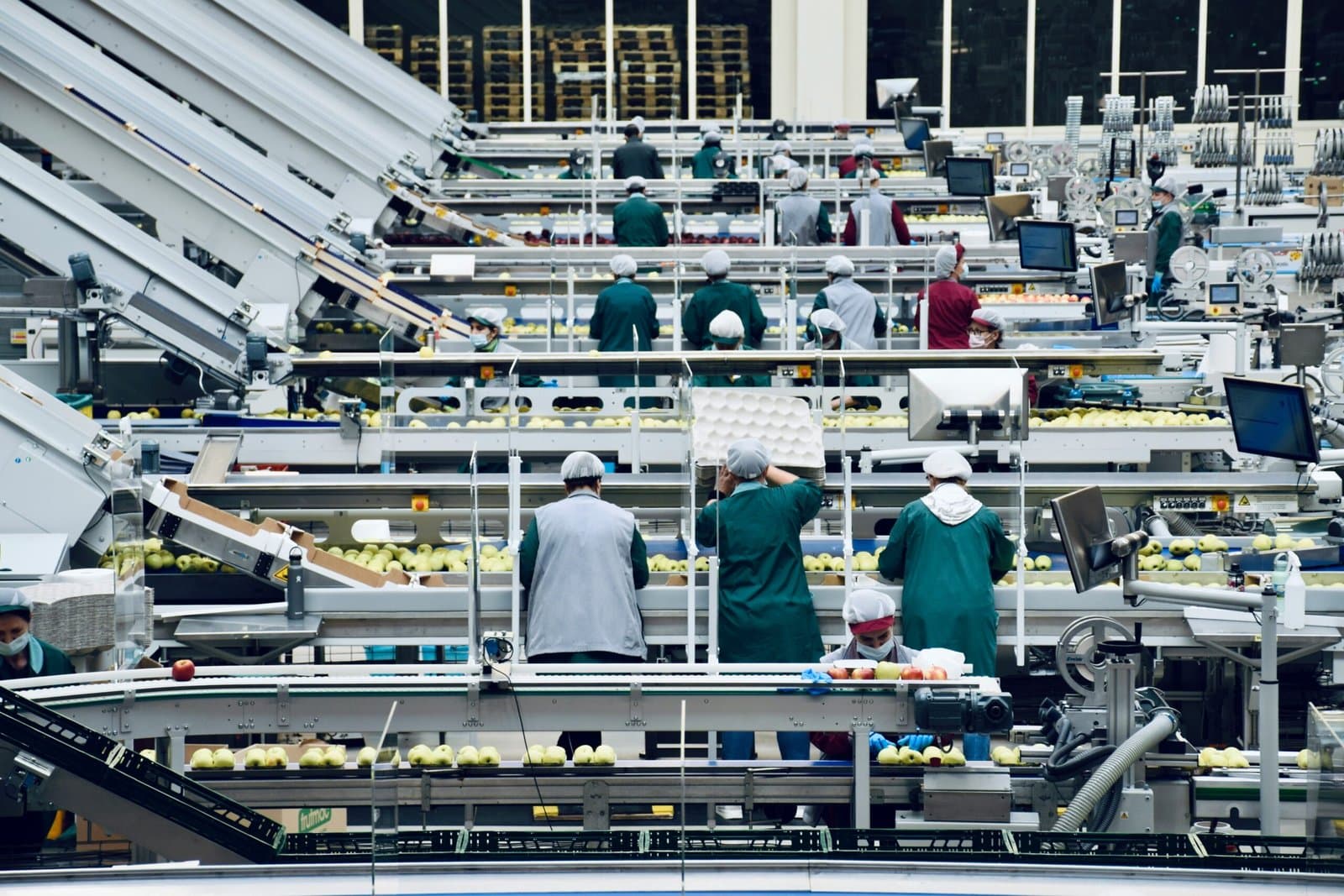
august 16, 2025
Conveyor System Maintenance: 5 Early Warning Signs of Failure
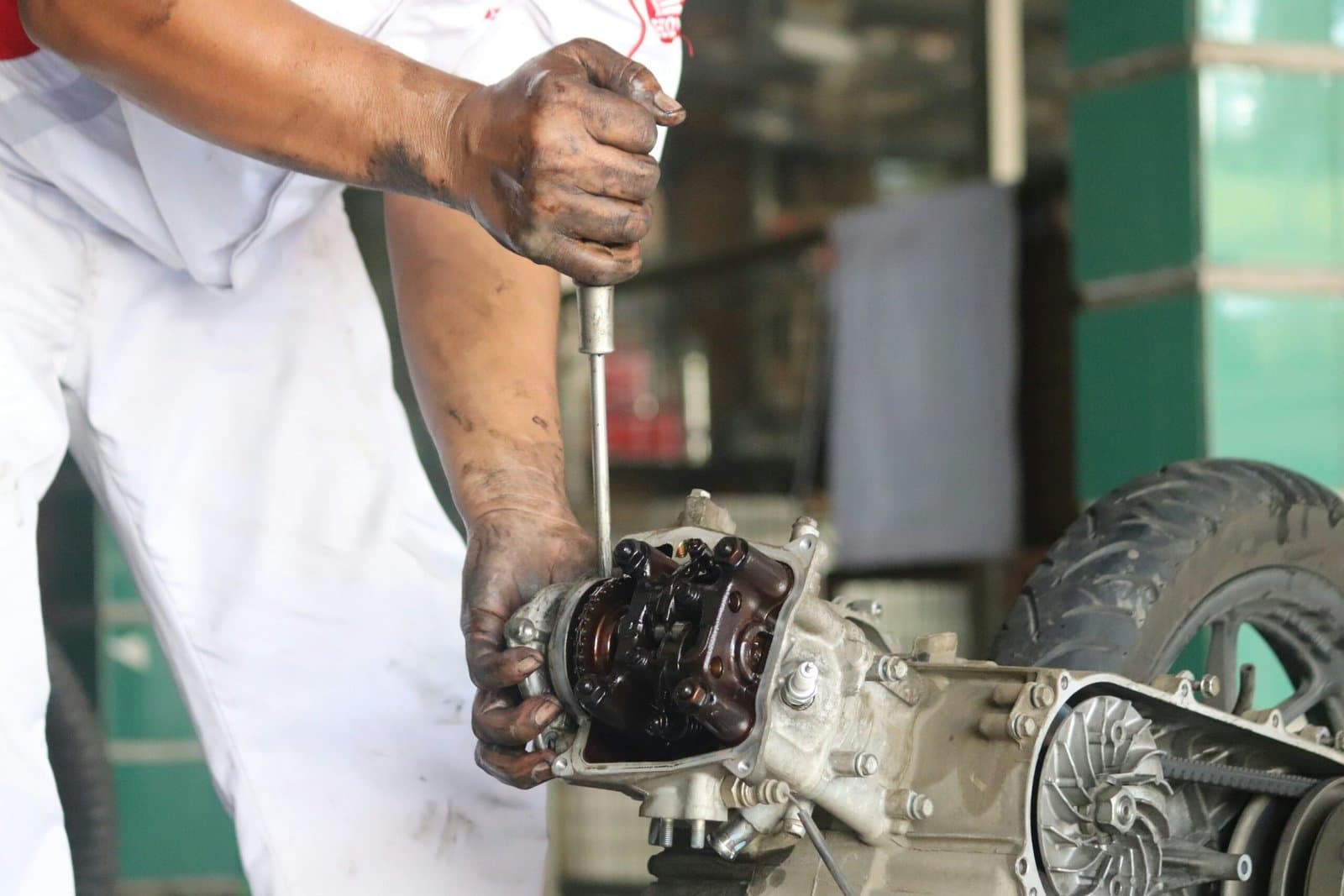
august 14, 2025
Predictive Maintenance: The Smarter Alternative to Costly Reactive Repairs

august 11, 2025